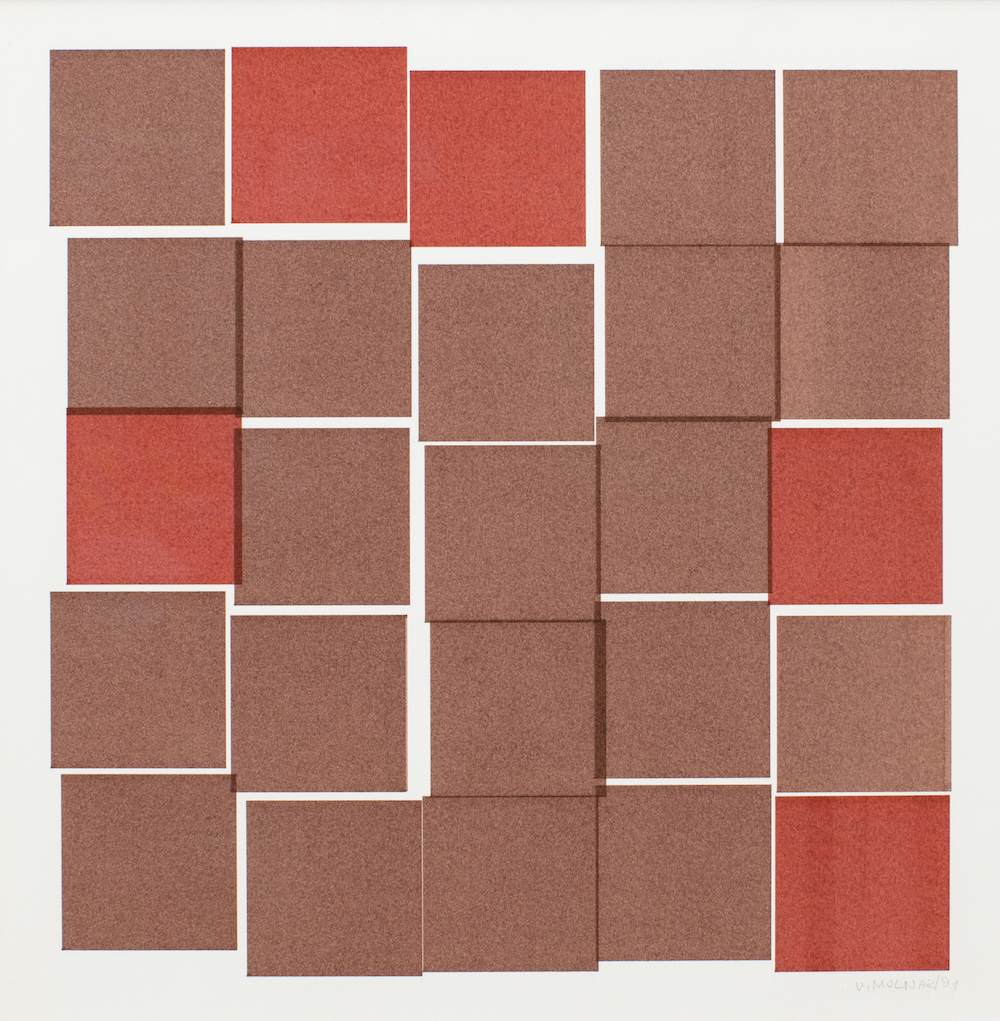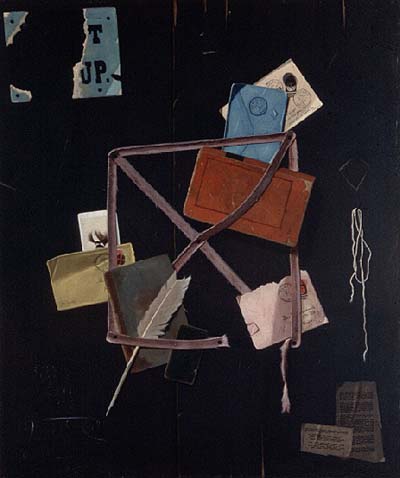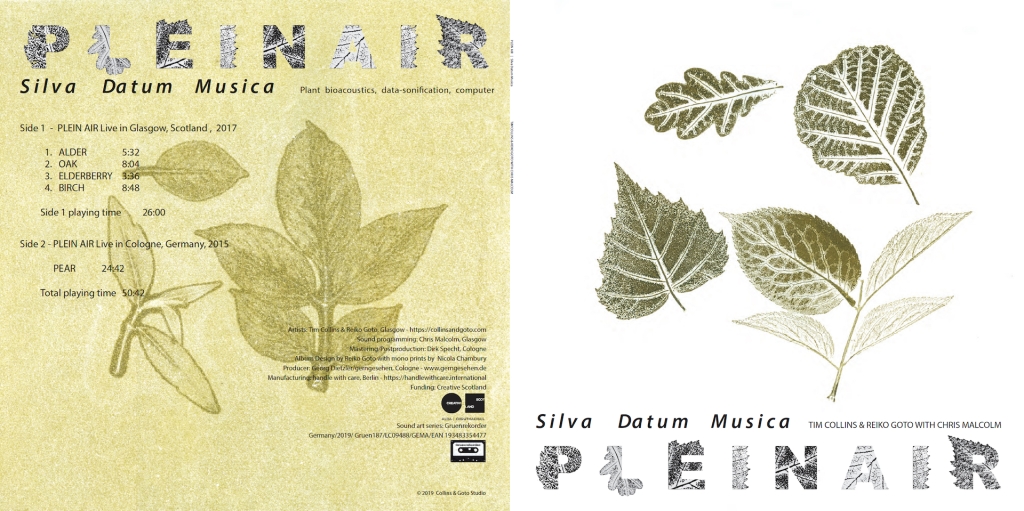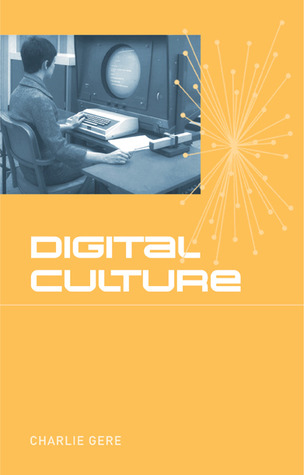Tag: andrew welsby
-

My Second Drawing Machine: Situationism, Play and Detournement
In the following statement I will demonstrate that I have used Situationism, and detournement as a qualitative research tool. In particular, I will evaluate the worthiness of Play as a method to create a work of Anti-Art, and to reflect on the Situationists International (SI) objective of instigating a re-evaluation of the relationship between art…
-

Computer Art and the Question of Authenticity: Finding a Hypothesis
The focus of this article concerns new models of collaborative authorship, unattainable outside computer generated art. Within this area I am particularly interested in questions of digital authenticity. This interest was initially in relation to Walter Benjamin’s concept, which argues that prior to the ‘age of mechanical reproduction’ the unique existence of a work of…
-

Margaret Bodin – Authenticity and Computer Art
Margaret Boden opens her authoritative essay on computer art with, ‘it is often seen as inauthentic, even strictly impossible, because it lacks certain essential features of genuine art. For instance, it’s said that computers don’t have emotions; that any work of art is a human communication rooted in human experience; that computer art isn’t unique,…
-

Dutton’s Authenticity in Art
A microcosmic synopsis In his essay, Dutton demonstrates that authenticity in art may be comprised of what we call nominal authenticity. This can be defined as the correct attribution of its authorship, or provenance of an object to it’s original creator, rather than that of a forgery. This ensures that the artwork is properly named.…
-

Tim Collins: Eco Art Activism
24/10/11 I found today’s lecture by the new head of post-graduate studies at Glasgow School of Art, Tim Collins, inspiring and astounding. Tim, in collaboration with his wife, Reiko Goto, forges a discourse between art and nature. His projects, ‘Nine Mile Run’ and ‘3 Rivers 2nd Nature’, both of which intervened with large-scale environmental concerns…
-

Bits in Motion
Early British Computer –Generated Art Film Program notes for an event held 07/03/2006 The event was supported by the London Centre for Arts and Cultural Enterprise, Birkbeck University of London and held in conjunction with the Computer Arts Society. The event was a screening of rare and little-known works from the beginnings of British computer…
-

Benjamin’s recipe for authenticity
Has all that is Solid Melted into Air: Experience, Value and Passion in Modernity and After In a recent lecturer I attended, Dr. David Sweeney discussed the representation of modernity as a break from traditional pasts, where individuals seek new experiences that shape society and a new world. In reviewing the lecture, I came across…
-

Archiving Software Art
Preservation of Complex Objects Symposia Software Art 11 – 12 October 2011, the Lighthouse, Glasgow The event was presented in association with the University of Glasgow’s Humanities Advanced Technology & Information Institute This event, which I attended on 11th October sought to share and extend the body of knowledge on the preservation of complex objects,…
